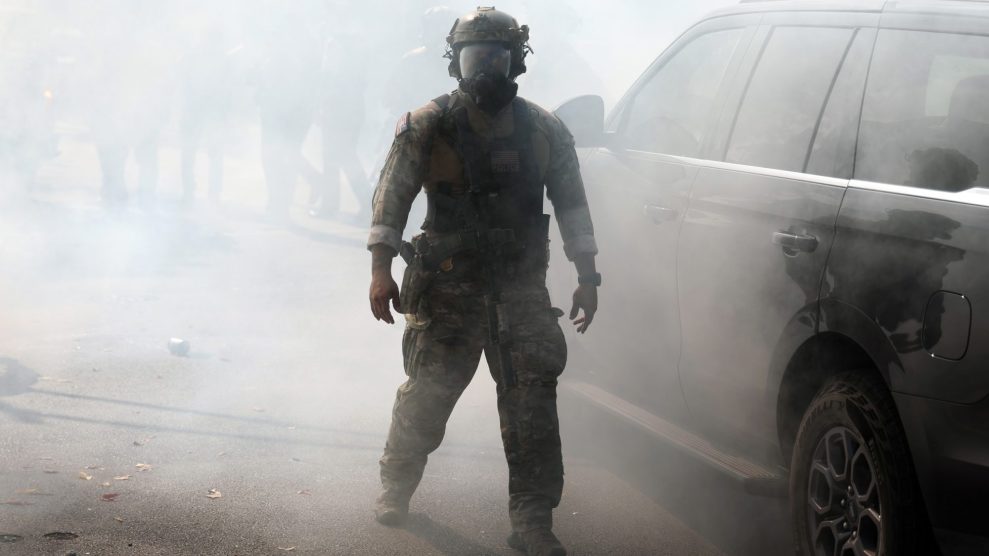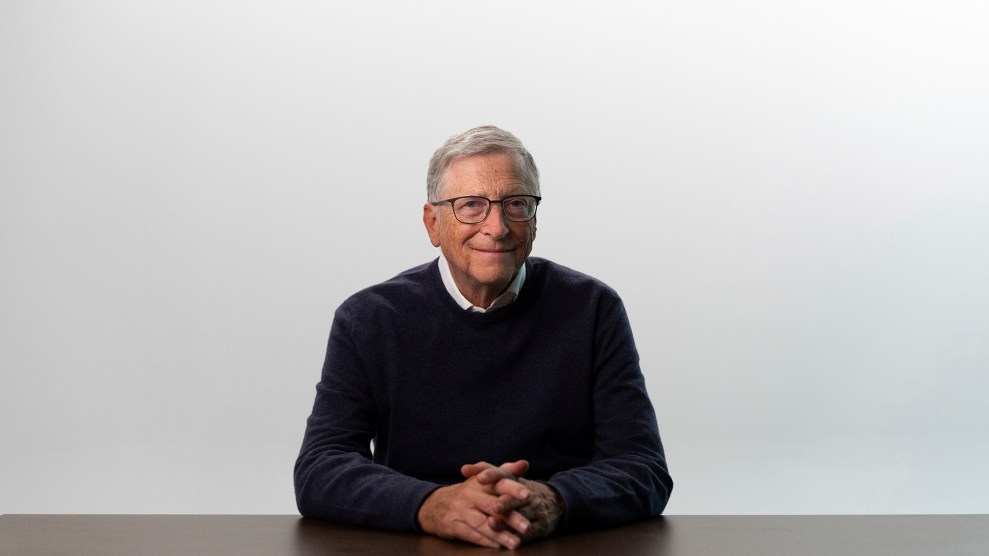A few days ago I suggested that the economic impact from the coronavirus pandemic might not be that bad. After all, the Spanish flu was worse, and its impact in the US was surprisingly moderate.
That suggestion has aged badly. I still believe that government action can ameliorate the downturn in ways that weren’t feasible in 1918, but the underlying shock will almost certainly be worse than it was for the Spanish flu.
What I failed to consider was the speed of the modern world. There are two ways that speed affects us. The first, and most obvious, is the spread of the virus itself: air travel and automobiles allow it to spread almost instantly. Still, even in 1918 a virus could spread pretty quickly, so that’s not as big a difference as you might think.
It’s the second type of speed that’s truly different, and that’s the speed of information. In 1918 there was hardly time for panic to spread before the virus itself hit. There was no radio, no TV, no long-distance telephone to speak of, no social media. The only source of information was newspapers, and they mostly reported about the epidemic in understated columns below the fold, not in screaming headlines. It’s not that the epidemic was unknown; far from it. But it didn’t dominate the news in ten different ways 24/7. There was barely time for flu panic to tank the economy before it was all over.
The exact opposite is true today. Hell, we’re not even waiting for panic to tank the economy on its own. We’re very deliberately tanking the economy in an effort to slow the spread of coronavirus, and we’re doing it well before the coronavirus has even had a chance to spread very widely. Luckily, we also have economic tools available to keep the economy afloat that we didn’t in 1918, and that can make a big difference. We just have to be willing to use them.


















